The thyroid gland, located in the neck, is responsible for producing thyroid hormone which can affect our metabolism among other things. When it isn’t functioning properly, the gland can produce too much or too little of the thyroid hormone, called hyperthyroidism and hypothyroidism respectively.
Hypothyroidism, low thyroid level, occurs mostly in dogs and generally has an onset in middle age. The symptoms of this disease have a gradual onset and are usually nonspecific. In many cases, it is discovered incidentally with screening blood work. Some of these symptoms include weight gain, lethargy, exercise intolerance, heat seeking, thinning fur, and skin and ear infections. If hypothyroidism is suspected, a simple blood test can measure the level of thyroid hormone. Once confirmed, hypothyroidism is generally easily treated with a daily medication. After treatment is started, the thyroid level will need to be monitored so that medication can be adjusted to the appropriate dosage. The blood will need to be rechecked at least yearly to make sure the proper thyroid levels are maintained.
Hyperthyroidism, a high level of thyroid hormone concentration, is most common in older cats. It is possible but extremely rare for dogs to become hyperthyroid and is almost always due to thyroid cancer. Secondary problems that cats develop because of the increased thyroid hormone include heart hypertrophy and high blood pressure. This condition also increases blood flow to the kidneys and can mask kidney problems, which is another condition common in older cats. Symptoms of hyperthyroidism can include an increase in drinking and urinating, weight loss despite a good or increased appetite, hyperactivity, vomiting or diarrhea, increase in heart rate, weakness, dull unkempt coat, and seeking out cool areas. On physical exam, your veterinarian may notice that your cat is thin, has matted fur, is dehydrated, or has a heart murmur. The veterinarian may even be able to feel an enlarged thyroid gland. General blood tests to the lab can screen and confirm a hyperthyroid diagnosis. If your cat has this disease, there are several treatments that you can discuss with your veterinarian. These include daily medication, surgery to remove the gland, radioactive iodine treatment, or a special diet. Thyroid hormone concentrations and kidney values will need to be monitored on a regular basis.
The most important thing to remember is that thyroid disease is very treatable. You and your veterinarian can develop a plan that works best for your pet.
